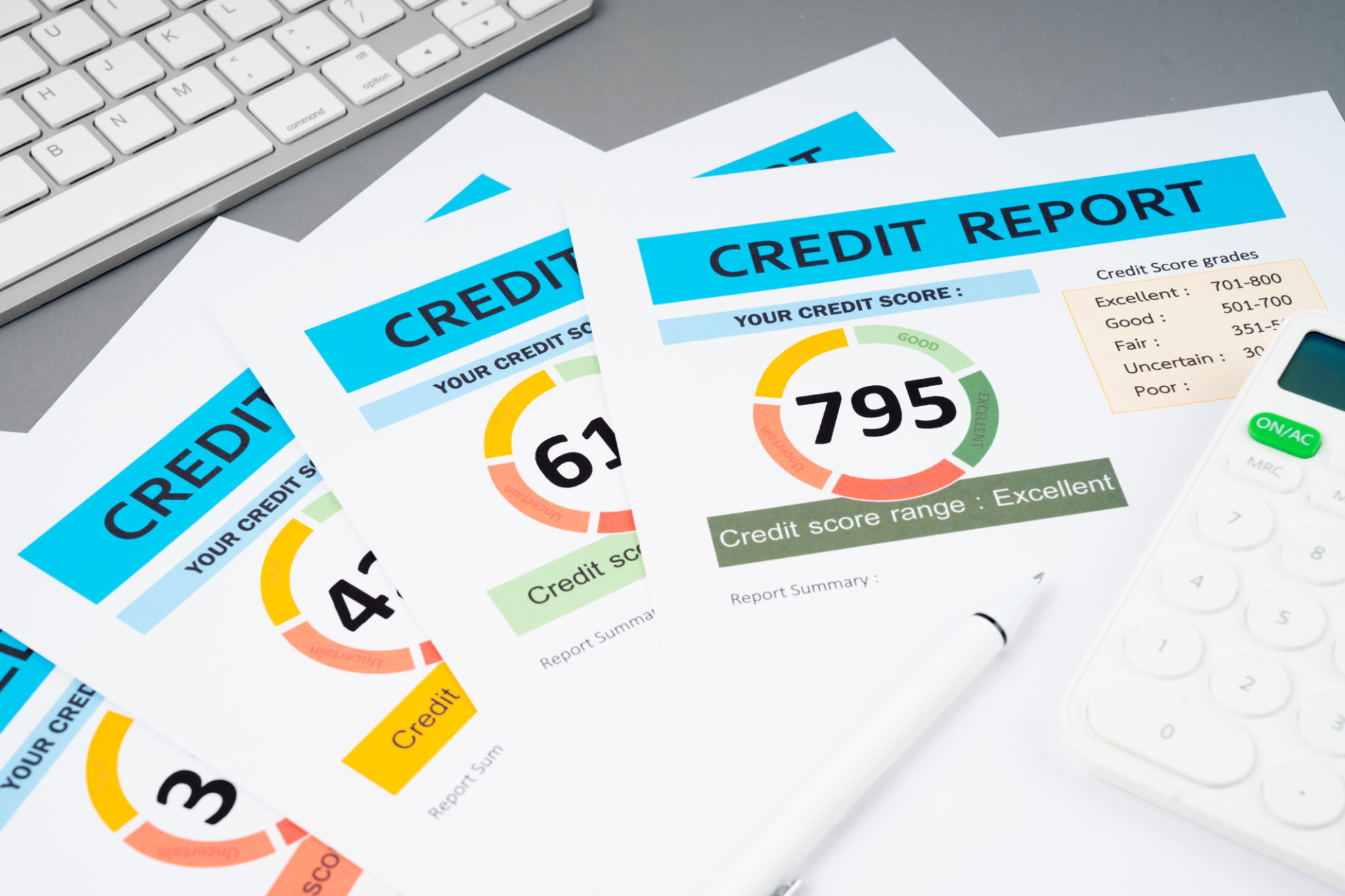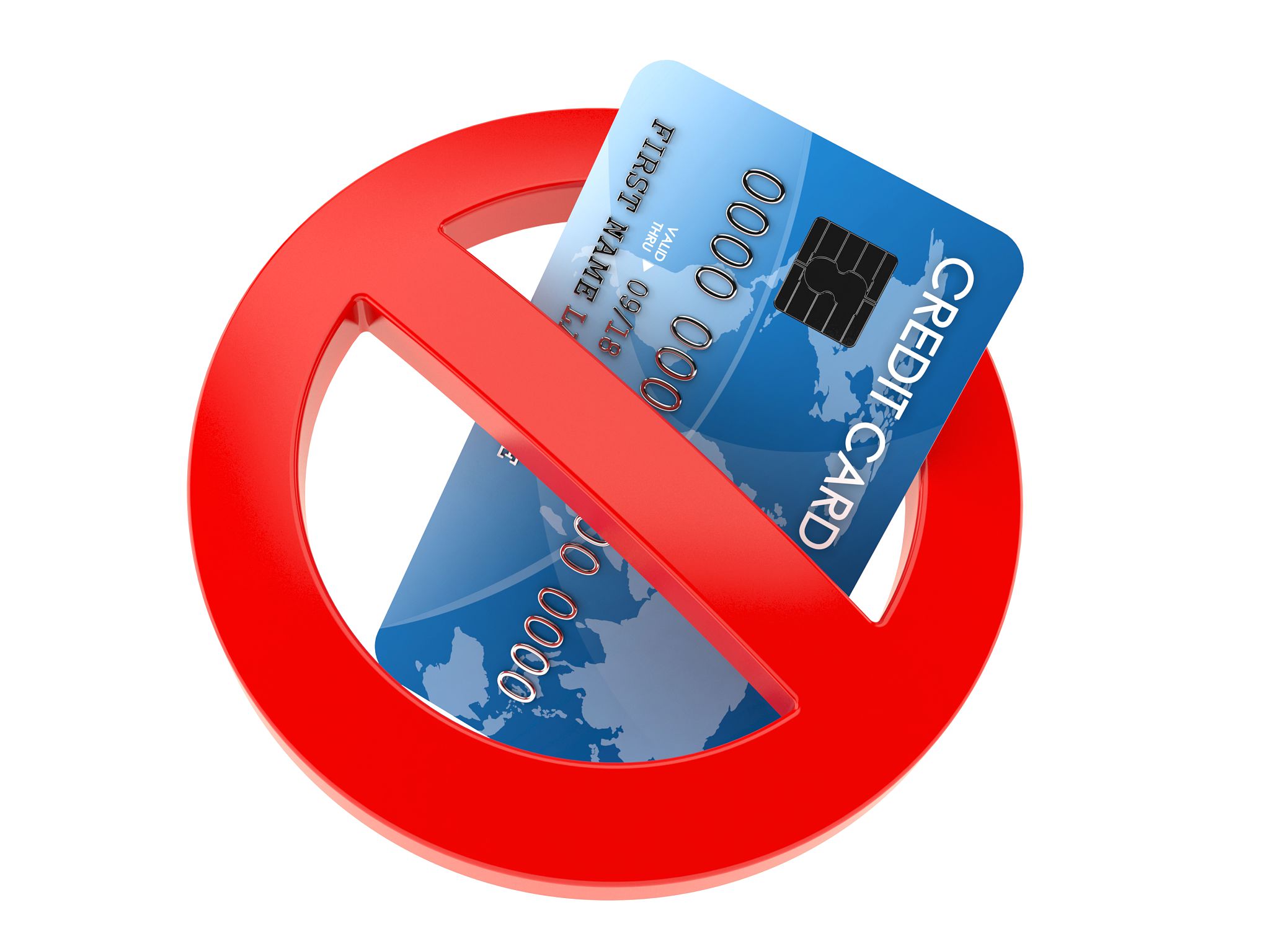5 Steps to Prepare Your Credit for Major Purchases
Step 1: Review Your Credit Report
Before making any major purchase, it's crucial to have a clear understanding of your credit health. Start by obtaining a copy of your credit report from the three major credit bureaus: Equifax, Experian, and TransUnion. You are entitled to one free report from each bureau annually. Carefully review these reports for any inaccuracies or fraudulent activities that could negatively impact your credit score.
Look out for errors such as incorrect personal details, accounts that don't belong to you, or discrepancies in payment history. If you spot any inaccuracies, promptly dispute them with the respective credit bureau to ensure your credit report is accurate.

Step 2: Improve Your Credit Score
Your credit score plays a significant role in determining the terms and conditions you'll receive on loans and credit cards. To improve your score, focus on paying down outstanding debts, especially high-interest credit cards. Aim to keep your credit utilization ratio below 30%, which means using no more than 30% of your available credit at any given time.
Additionally, make it a priority to pay all your bills on time. Consistent, timely payments demonstrate financial responsibility and can significantly boost your credit score over time. If necessary, set up automatic payments to avoid missing due dates.
Step 3: Manage Existing Debt
Managing existing debt is essential when preparing for a major purchase. Consider consolidating debt to simplify payments and potentially lower interest rates. This can be achieved through balance transfer credit cards or personal loans.

Moreover, avoid taking on new debt before making a major purchase, as this can negatively affect your debt-to-income ratio and overall creditworthiness. Instead, focus on lowering your current debt load to enhance your financial profile.
Step 4: Avoid New Credit Applications
When you're preparing for a significant purchase, it's wise to refrain from opening new credit accounts. Each new application results in a hard inquiry on your credit report, which can temporarily lower your credit score. Multiple inquiries within a short period can signal financial instability to lenders.
If you absolutely need to apply for new credit, try to limit applications and do so well in advance of your planned purchase. This gives your credit score time to recover and demonstrates stability to potential lenders.

Step 5: Build a Savings Cushion
Having a solid savings cushion not only helps you make a sizable down payment but also strengthens your overall financial position. A larger down payment can lead to better loan terms and lower interest rates, saving you money in the long run.
Start by setting aside a portion of your income each month into a dedicated savings account. Consider automating savings transfers to ensure consistency. As your savings grow, you'll be better prepared for unexpected expenses and more attractive loan offers.
In summary, preparing your credit for major purchases involves careful planning and disciplined financial habits. By reviewing and improving your credit report, managing existing debt, avoiding new credit applications, and building up savings, you'll be well-equipped to secure favorable terms when the time comes.
